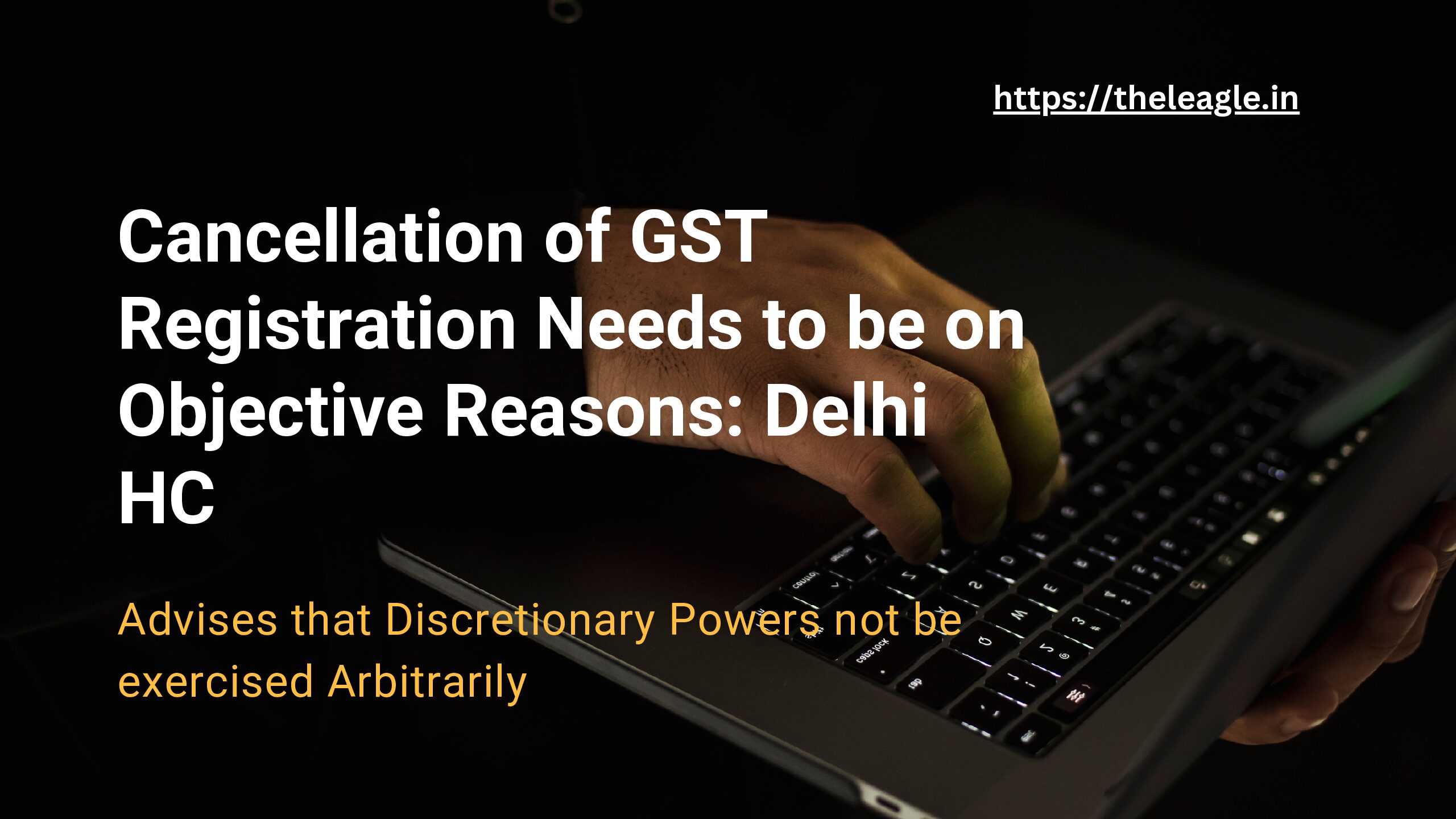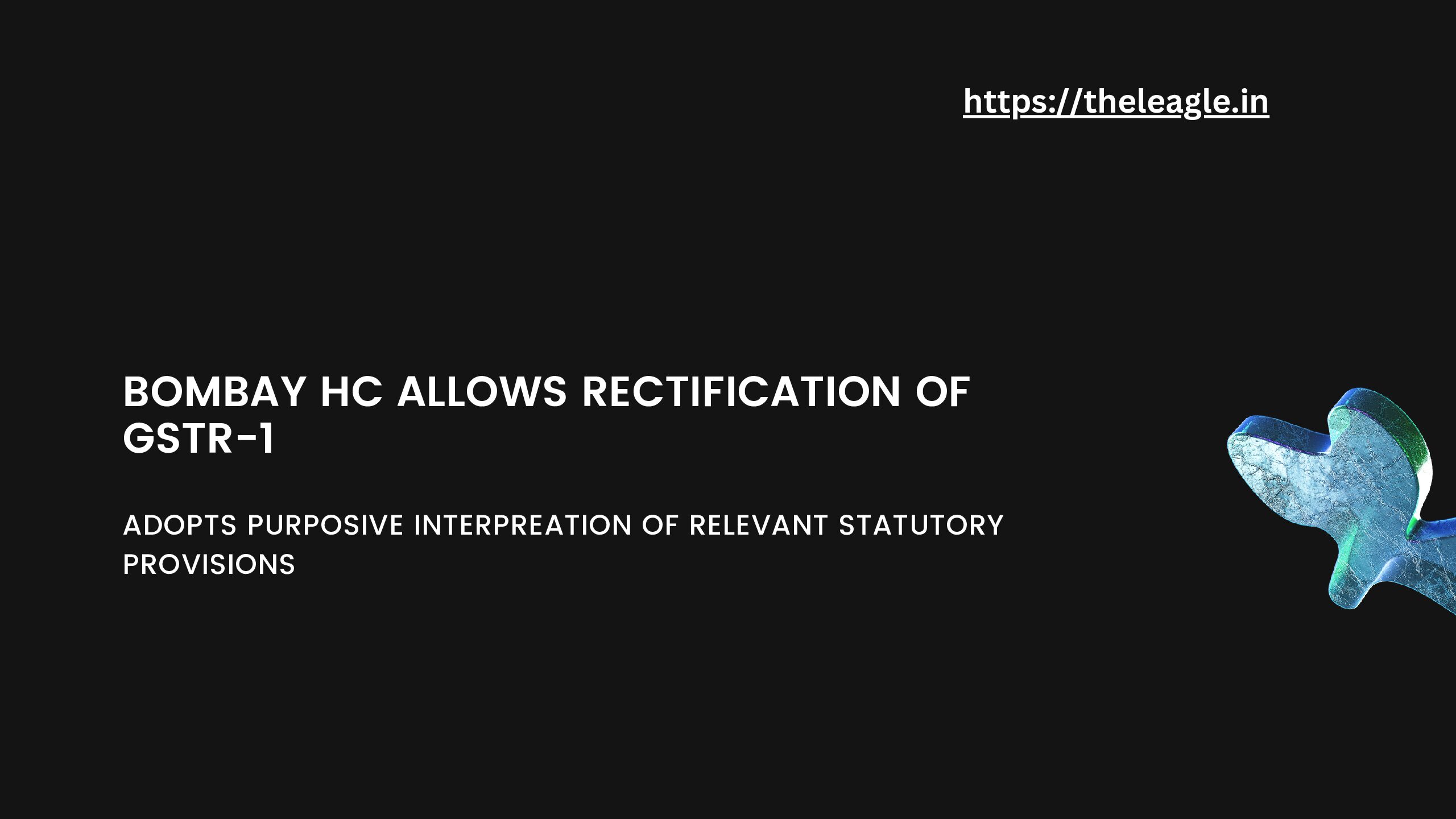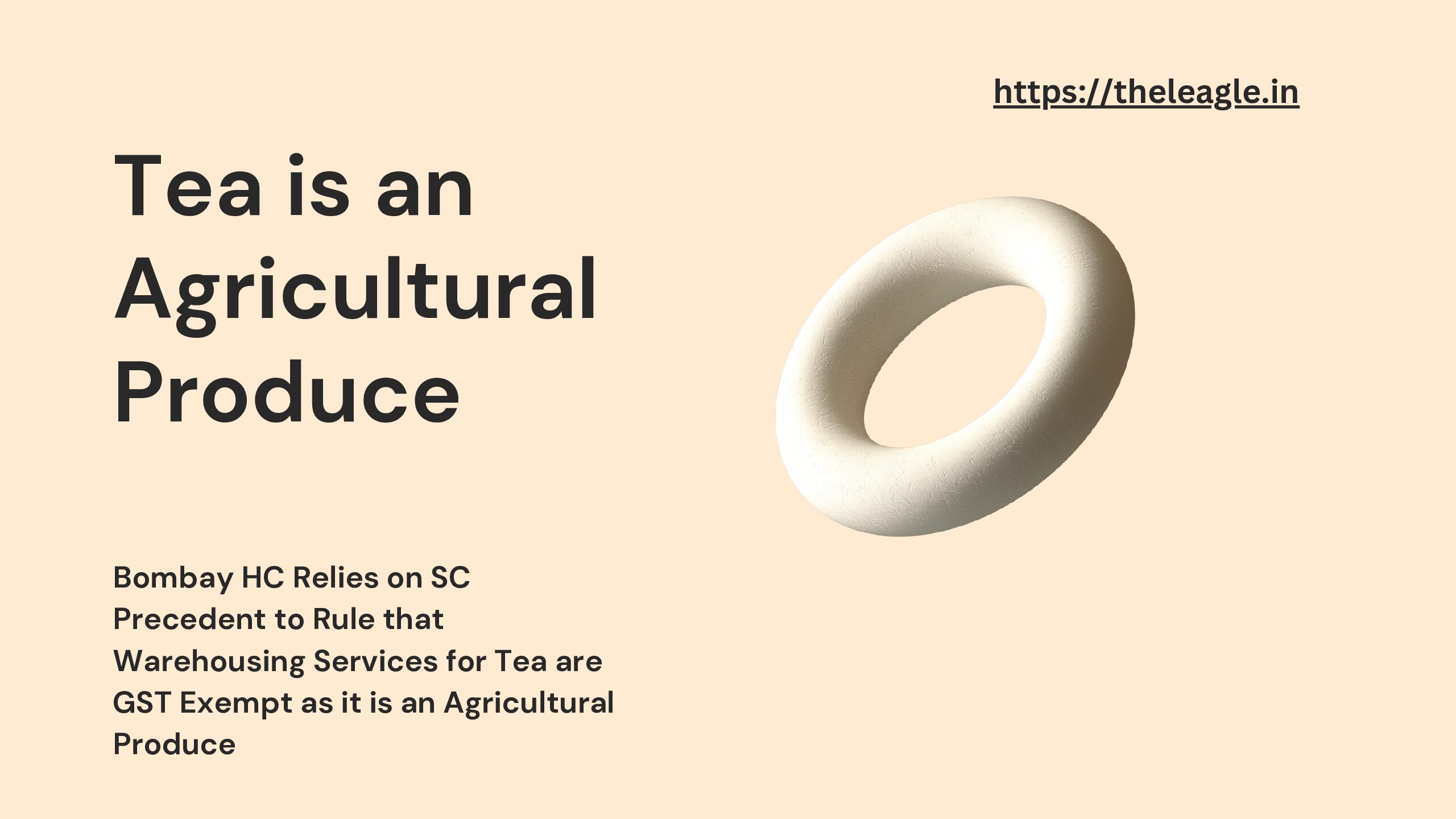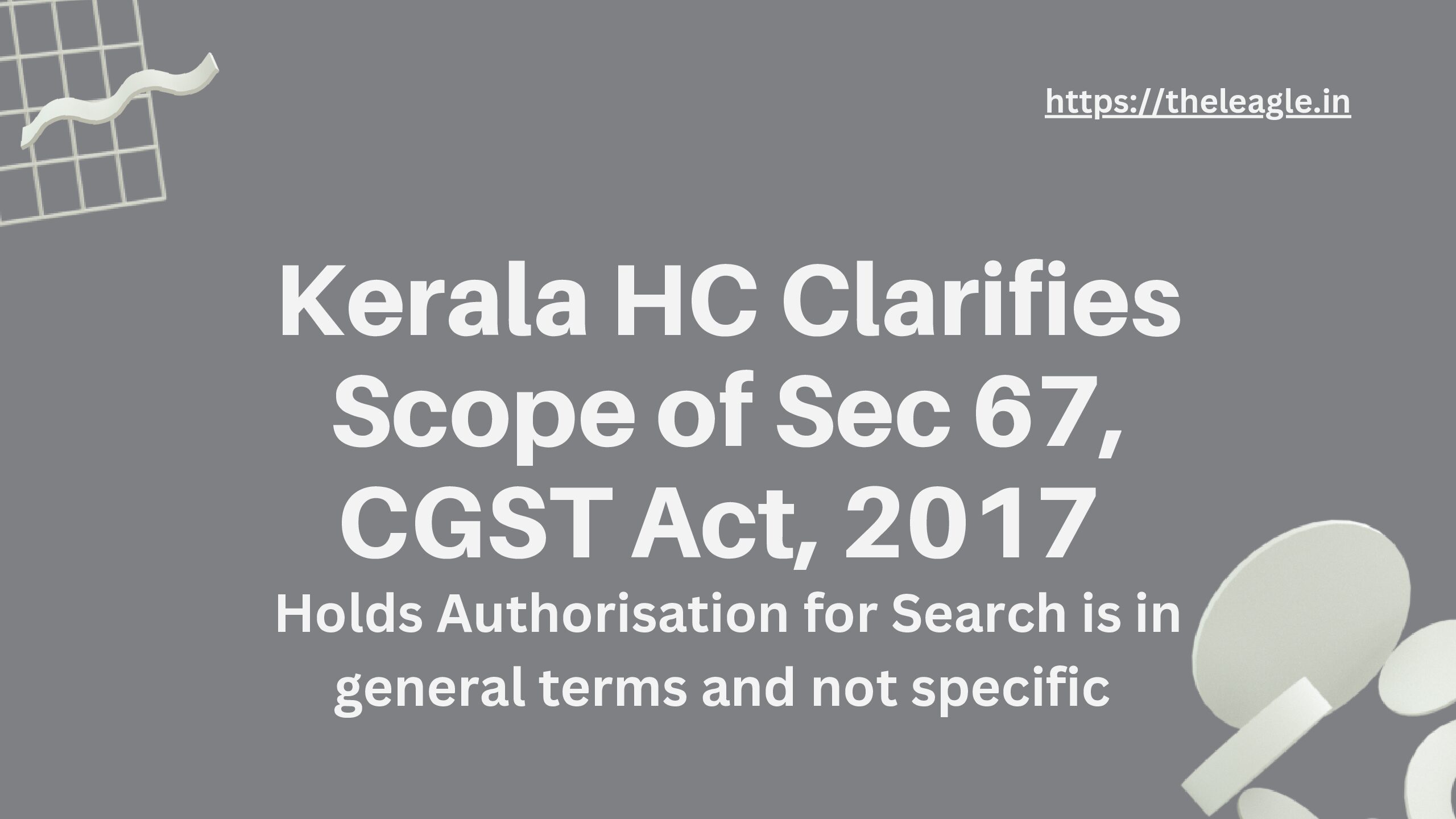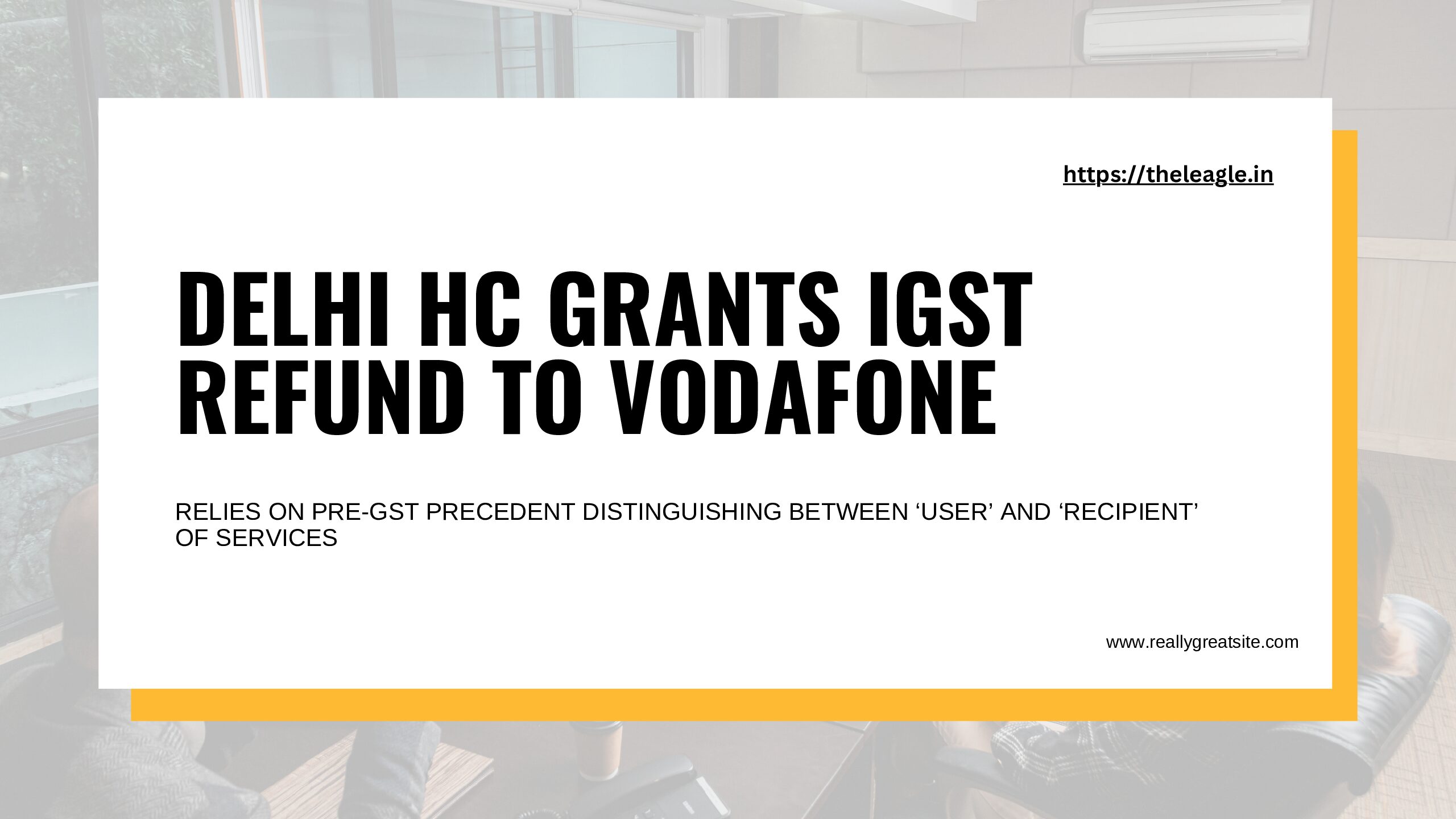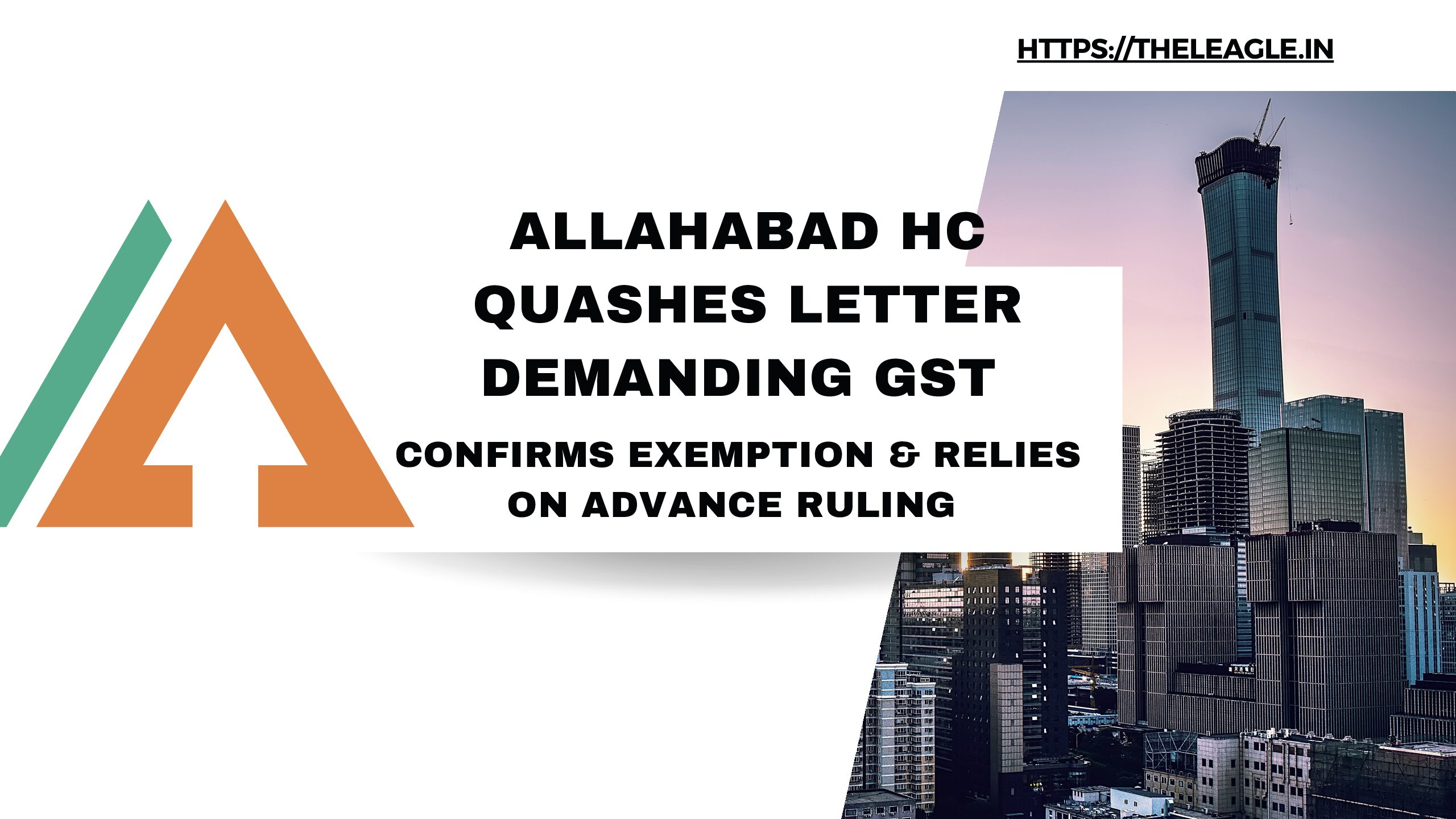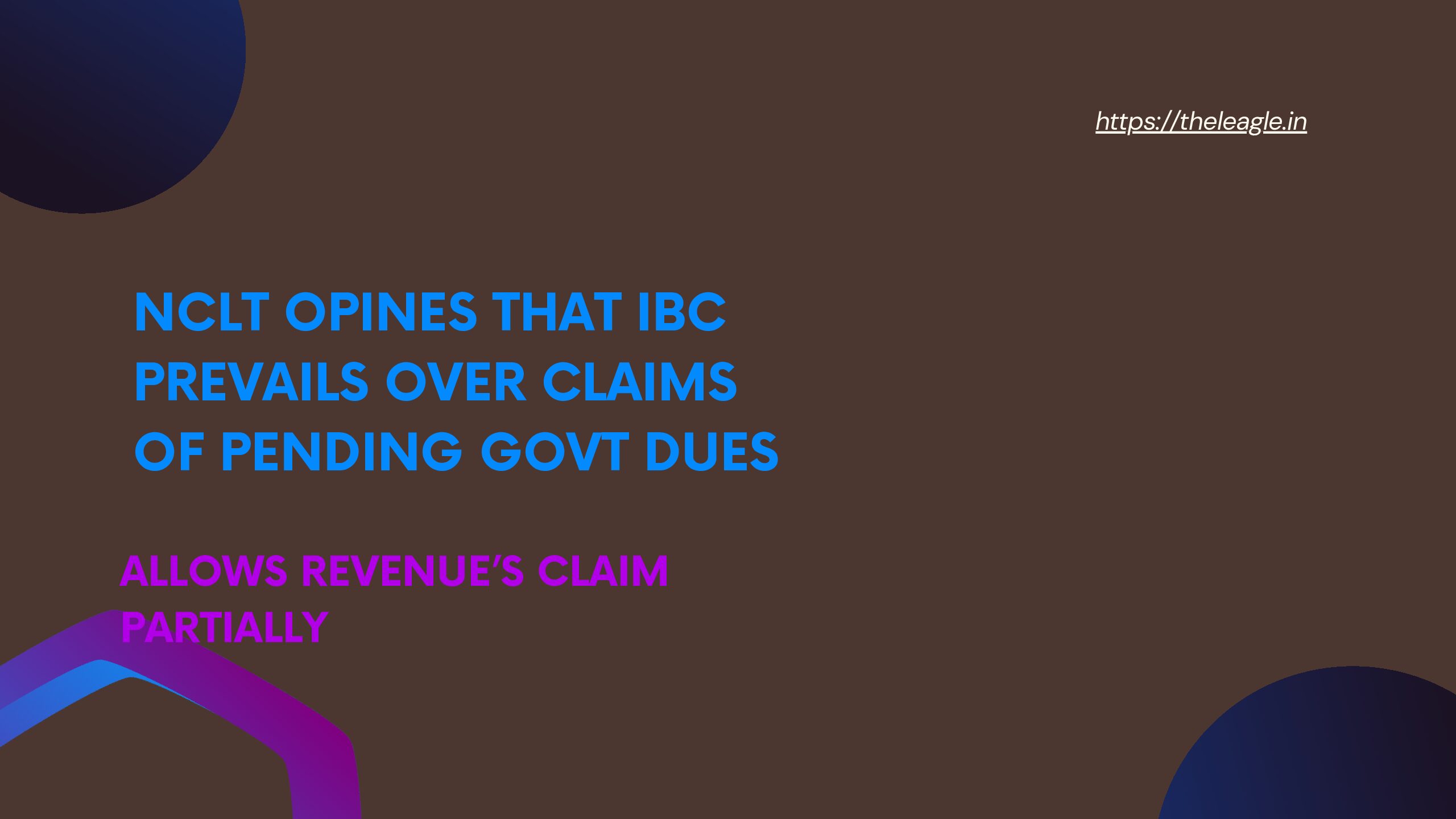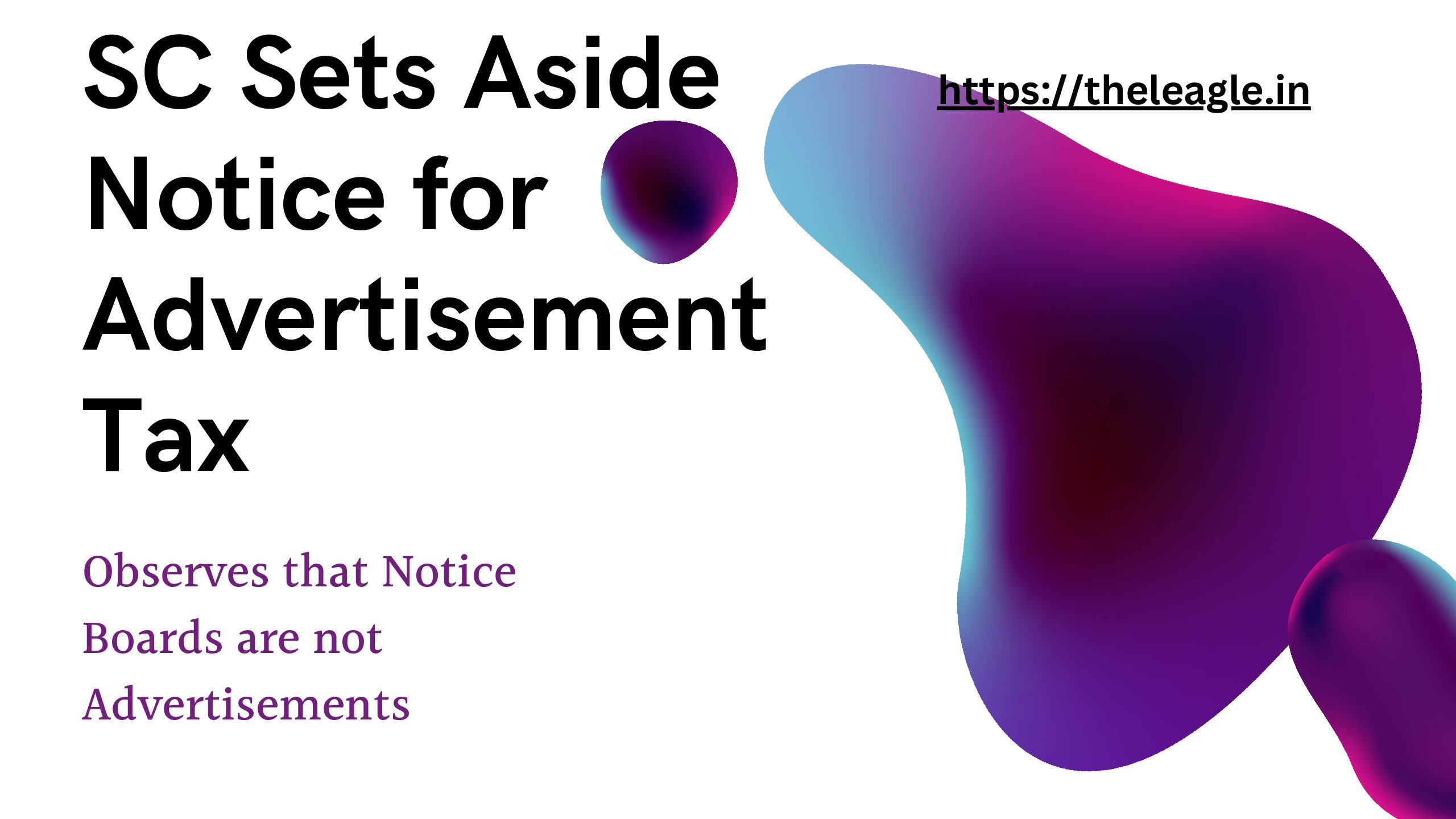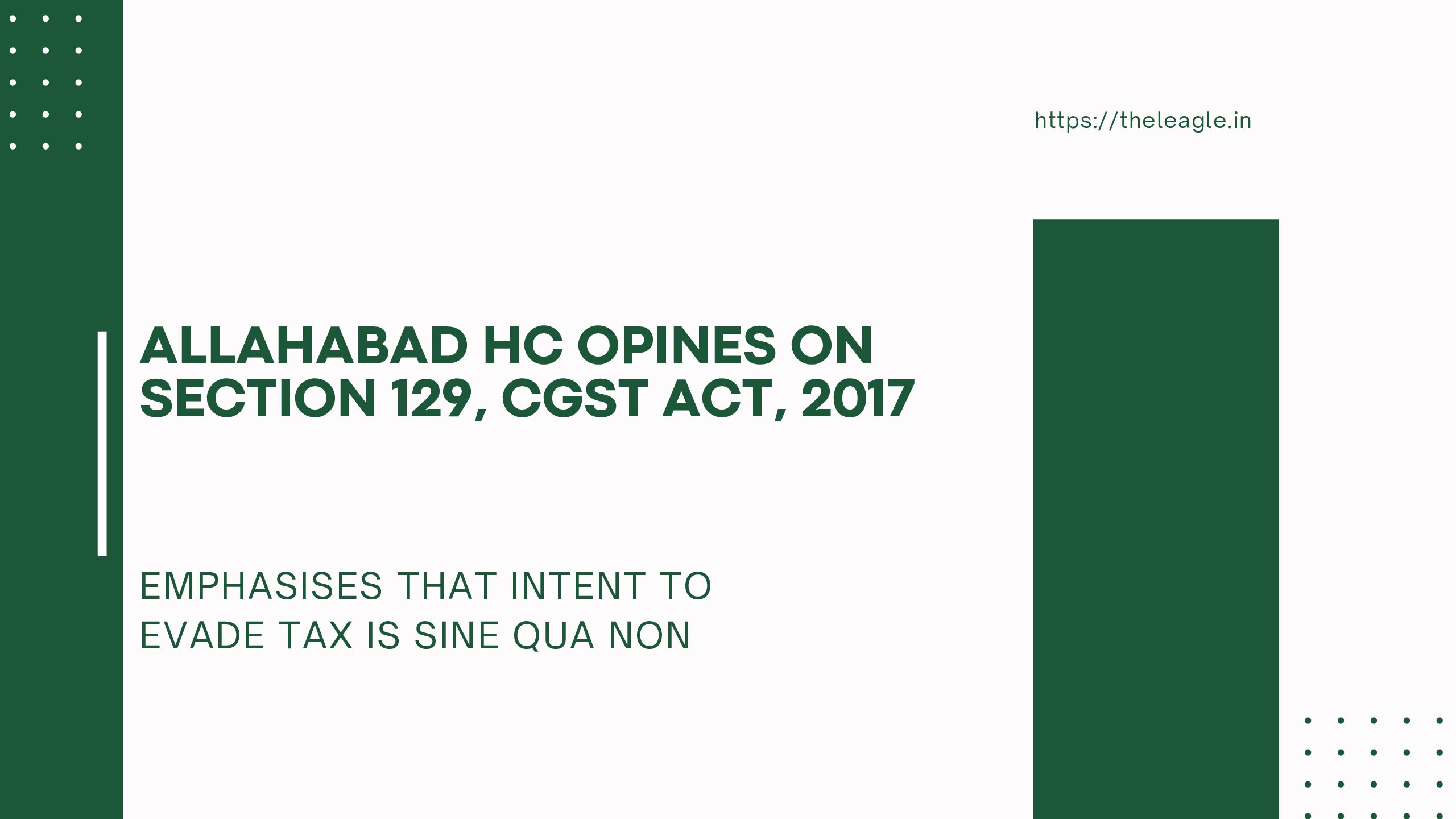In a recent decision[1] the Delhi High Court ordered that the tax paid by assessee under duress should be refunded. The High Court cited CBIC’s Instructions to reason that no recovery of tax dues can be made before passing an adjudication order and that no taxes can be paid while the search and seizure of assessee’s premises is ongoing, unless the tax is paid voluntarily by the assessee.
Facts
The petitioner was a company engaged in supply of services in New Delhi and registered under the CGST Act, 2017. Search operations were conducted on the premises of the petitioner on 20.10.2021 by the anti-evasion Dept of GST under Section 67(2). During the search, the petitioner, paid an amount of Rs 2,30,00,000/- and acknowledgement of the payment was issued by the Revenue Department via FORM GST DRC-03. On 21.10.2021 the petitioner wrote an email to the concerned Joint Commissioner that the said payment had been made under protest and the petitioner reserved the right to seek its refund.
On 23.06.2022, the Revenue Department issued a Show Cause Notice (‘SCN’) to the petitioner under Section 74 read with Section 20 of CGST Act, 2017 demanding payment of GST amounting to Rs 36,53,359/- and sought to appropriate the amount of Rs 2,30,00,000/-. The petitioner under Section 54 had filed for refund of Rs 2,30,00,000/- paid under protest but the same was denied as the Revenue Department issued deficiency memos, i.e., memos indicating that the documents supplied by the petitioner in support of its refund claims were insufficient. Citing the insufficiency of documents, the application for refund was rejected twice. Against the order of refusal of refund, the petitioner approached the Delhi High Court.
Issues and Decision
The main issue before the Delhi High Court was whether the petitioner paid Rs 2,30,00,000/- voluntarily or under protest. While the petitioner’s raised other issues regarding the legality of deficiency memos, the High Court’s decision hinged on determining if the payment was made voluntarily or under protest. The High Court concluded that the payment was made under protest and ordered a refund of the amount.
The Delhi High Court noted the relevant facts: that the petitioner made a deposit of cash through cash ledger on 20.10.2021 at 8:41pm. The search operations had started at 3:45pm on 20.10.2021 and continued well beyond business hours until 3am on 21.10.2021. Thus, the cash of Rs 2,30,00,000/- was paid by the petitioner while the search and seizure operation was undergoing. The High Court further noted that it was an admitted fact that the petitioner never admitted its liability to pay the tax and merely deposited the said amount under duress and compelling circumstances. The High Court then referred to Section 73(5) and 73(6) of the CGST Act, 2017. Section 73(1) states that a proper officer may serve a SCN on a person where it appears to the proper officer that the person has not paid the tax or short paid the tax or wrongly availed ITC. Section 73(5) states that:
The person chargeable with tax may, before service or notice under sub-section (1) or, as the case may be, the statement under sub-section (3), pay the amount of tax along with interest payable thereon under section 50 on the basis of his own ascertainment of such tax or the tax as ascertained by the proper officer and inform the proper officer in writing of such payment.
Section 73(6) that on receipt of the information, the proper officer shall not serve any notice on the said person.
The Delhi High Court observed that the above provisions are clearly for the benefit of the taxpayer and voluntary payments can be made before issuance of SCN. However, once the taxpayer pays tax under Section 73(5) but subsequently refutes that the payment was not voluntary, it must be accepted that the payments were not made voluntarily. The High Court also pointed that the Revenue Department did not follow the requisite procedure in the impugned case as the petitioner was not issued FORM GST DRC-04, which follows the issuance of acknowledgement FORM GST DRC-03.
Finally, the Delhi High Court cited CBIC’s Instructions wherein it is clearly stated that unpaid tax or short paid tax can only be collected after following the due process, i.e., issuance of SCN and passing of an adjudication order. And no recovery of tax dues can take place during the search or seizure proceedings unless the taxpayer makes the payment voluntarily.
Conclusion
The Revenue Department in the impugned case inter alia also tried to resist the issuance of refund on the ground that the SCN had been issued to the petitioner after the search proceedings and refund shall only be granted after the proceedings were complete. The High Court endorsed the petitioner’s argument that adjudication of SCN is not a pre-requisite for issuance of refund and that issuance of refund cannot be withheld merely because SCN was issued after the deposit. It is interesting that the Revenue Department tends to make certain claims that have no basis in law, e.g., no refund can be issued until SCN is adjudicated. And it is appreciable that the Courts, at times, if not always, tend to see the ridiculousness of such claims and reject them.
[1] Sapphire Intrex Ltd v Union of India & Ors 2023: DHC: 8978-DB.

